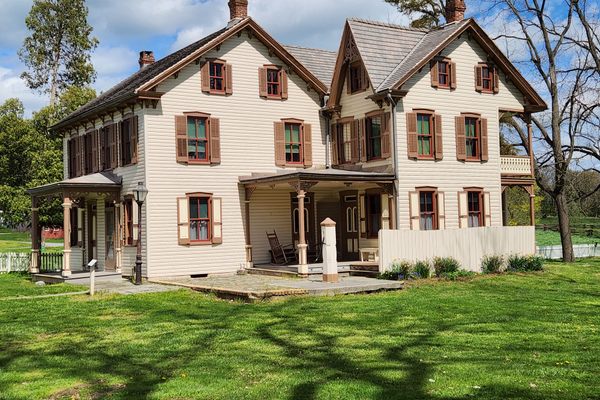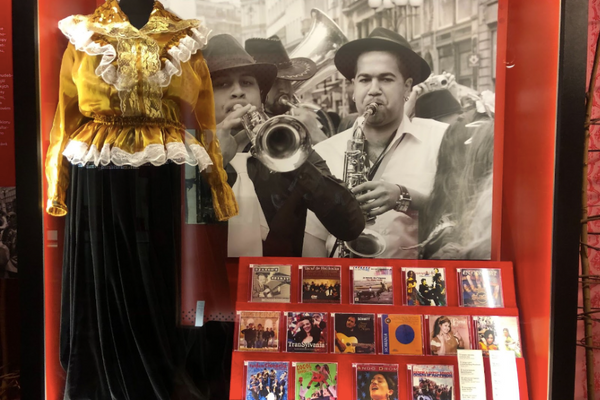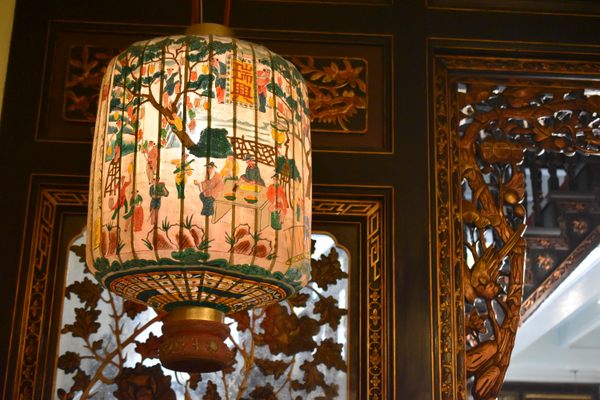About
Ybor City is a neighborhood within Tampa’s National Historic Landmark District, a patchwork of diverse immigrant communities. At the center of Ybor City, the Ybor City Museum State Park functions as a living memory dedicated to preserving, promoting, and celebrating the area’s unique heritage and shedding light on the influence of the cigar industry and the immigrants who came to shape the city.
The museum’s main exhibits are housed within a century-old bakery called Ferlita’s Bakery, once run by Sicilian-born Francesco Ferlita who baked traditional Cuban bread out of two traditional ovens for daily deliveries to local cigar workers. The bakery was built nearly 40 years after entrepreneur Don Vicente Martinez Ybor set his sights on a stretch of pine scrub and swamp to be the next “Cigar Capital of the World.” By 1923, his dreams were becoming a reality, with throngs of cigar manufacturers and workers turning Tampa into the largest city in Florida and Ferlita baking fresh bread daily for their morning breakfast.
An exhibit called “Cigar City” explains the unfurling of Ybor’s ambitious plans, featuring tools and machinery used in cigar manufacturing that laid the groundwork for modern-day Tampa. “Immigrant Experience” highlights the evolving community here as Cuban, Spanish, Italian, German, and Chinese immigrants moved here for work in the booming cigar industry. “Labor Movement” lays out the campaign of workers’ rights that came about in the early 20th century as the industry matured, most notably the Ybor City Cigar Maker’s Strike of 1931. Other exhibits cover local history, cultural heritage, and historic architecture, further emphasizing the uniqueness of this storied neighborhood.
Beside Ferlita’s Bakery, the museum is home to a meticulously restored cigar workers’ home called La Casita, which allows visitors to get a closer look at the lives of Tampa residents in the early 20th century. While most single men occupied boarding houses, those married with children often moved into simple, wooden, two-story homes that offered affordable housing and created a tight-knit community of workers and neighbors.
The museum's cultural immersion extends into an ornamental garden adorned with Mediterranean-style charm and a soothing water fountain which can be rented for events or lounged in for a quiet moment to take it all in.
Related Tags
Know Before You Go
The museum is open 9 a.m. to 4 p.m. Wednesday through Sunday. Private group tours are available for groups of up to 60. Call the museum directly to schedule.
Community Contributors
Added By
Published
January 28, 2024
Sources
- https://tampahistorical.org/items/show/145
- https://www.visittampabay.com/listings/ybor-city-museum-society/5339/
- https://www.visitflorida.com/listing/ybor-city-museum-state-park/25763/
- https://www.ybormuseum.org/ybor-city-museum-state-park-1
- https://www.floridastateparks.org/parks-and-trails/ybor-city-museum-state-park
- https://www.ybormuseum.org/

























